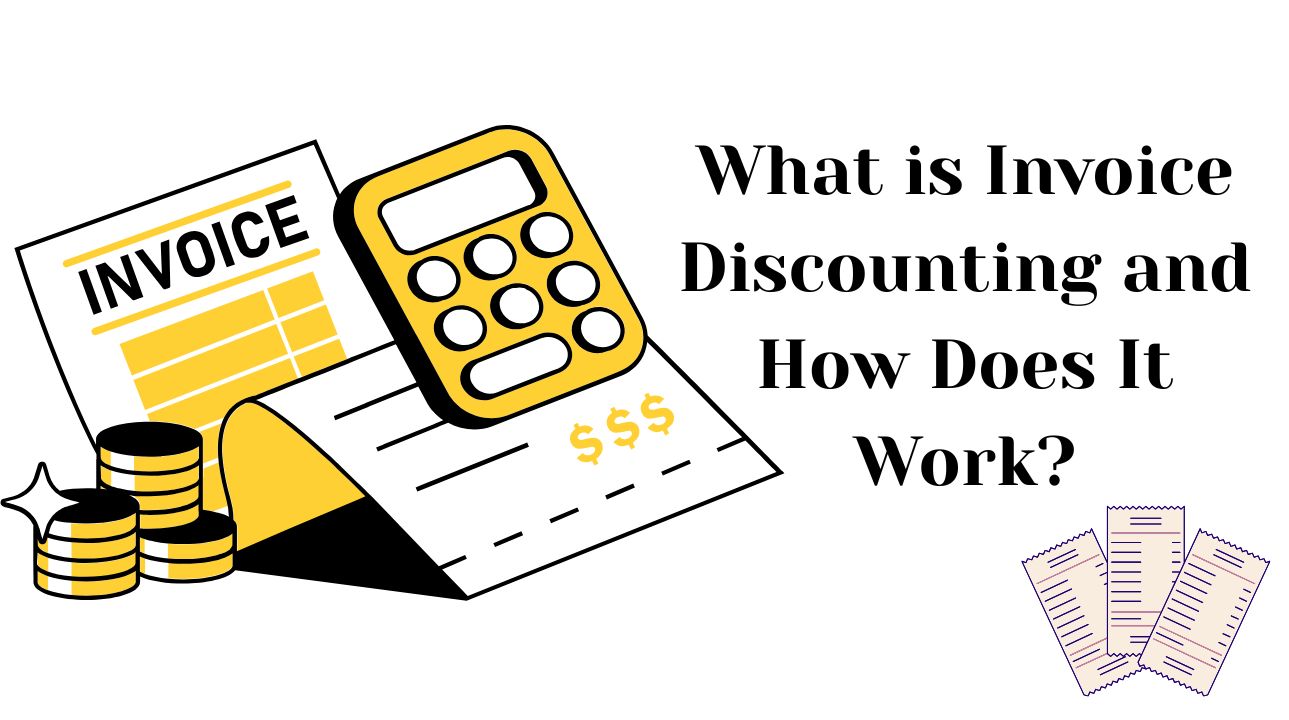Running a business is a constant struggle. Apart from managing marketing, inventory update, and meetings, one should analyse and understand working capital needs. Working capital is the company’s current assets – accounts, receivable/ customers unpaid bills, assets, inventory of raw goods and goods minus current liabilities- like account payables and debts.
Seeking growth under tight finances is challenging for most businesses. There is a cash crunch if a business has a fluctuating or seasonal sales cycle. It is a sincere obstacle to growth. Here you need a financial solution that helps you leverage the opportunities but provides a buffer for sudden business expenses. Working Capital loans provides that security and heal you stay ahead of the curve.
What do Working Capital loans imply?
A working capital loan is facility businesses use to finance short-term operational needs like paying wages, rent, inventory updates, and confirming a plant purchase or a property. One usually pays these loans in a year or two. It is ideal for seasonal businesses having finance requirements during a specific time of the year.
Businesses can use working capital loans to cover the costs during the off-season. It is also ideal to finance day-to-day business requirements. You can pick either a secured or unsecured working capital loan according to your needs, affordability, and circumstances. Unsecured loans are ideal for businesses with stable growth parameters and revenue growth.
The amount one can loan depends on the business’s operational years, revenue, growth, and loan tenure. Entrepreneurs, sole proprietors, and self-employed can find the loan ideal for their circumstances.
Aspects That Lenders Analyse Before Approving the Working Capital Loan
Filling out a loan application form only to get rejected can be a sincere heartbreak. It is especially when all your hopes rest on it. Here are some aspects that can help you improve your working capital loan approval chances with lenders. We provide loan assistance to businesses by connecting them with apt lenders for years. Hence the checklist is something that we have learned over the years:
1) The working capital loan type you want to apply for
Only a few business owners are aware of the fact that working capital loans primarily fall into 3 categories:
· Short-term loans- Only for small cash needs or emergencies
· Unsecured loans – to finance working capital needs without staking a collateral
· Secured loans- Need a little more flexibility and low-interest rates for long-term
Identify and apply for the apt loan under the category. It would help fasten up the loan processing and clearance by the lenders.
2) Identify the credit score requirements
Every lender shares unique criteria for qualification. However, the prime focus is on the borrower’s affordability. The following factors decide the same:
· Credit score
· Payment History
· Unpaid debts
Though these factors may influence the approval of the loan application to an extent, there are other factors too. The below factors also play a crucial role in loan interest rates and approval:
· Business operating history
· Revenue figures and potential
· Cash flow
Having good cash flow with revenue numbers can work even on bad credit. For example, if your business has been in operation for 3 years with consistent cash flow, you may avail of the loan.
3) The clear revelation of authentic business documents
Working capital loans require a business to be on top of documents and proofs.
Lenders analyse cheques, balance sheets, and bank statements.
Bank deposits are one of the most significant factors that lender demands from businesses. It is because bank deposits clearly state transaction history, withdrawals, deposits, bank fees, credit card payments, etc. In precise, it lists outgoings.
Apart from bank statements, a lender can ask for documents like:
· Business description and customer list/ key suppliers
· Bank statements of 6-12 months
· Business tax returns for the last 3 years
· The purpose behind the loan and how you will be using the loan amount
4) Sufficient and consistent cash flow statement
As you are eager to get the loan, lenders are to get that one reason to lend you. Cash flow catches the eye first. Check quarterly cash flow if unsure about cash flow projections.
It would help you identify whether you can manage the repayments or not. Or, you can also calculate the cash ratio. It helps calculate the total liquidity that you share. Based on this, lenders decide the borrower’s lending amount and his affordability to avail of the loan.
Opposed to this, if your cash flow reveals inconsistency or major financial gaps, it would be ideal to wait a little more before applying. As most lenders require businesses to be at least 2-3 years in business operations, you can work on that. Check the ways to improve your cash flow. One of the best ways to do so is to grant customers the flexibility to pay early and get a discount. It will help you boost the financial bottom line.
Here are some other ways to improve your cash flow:
· Reduce unnecessary expenses
· Include late payment terms on invoices
· Remove items from inventory that does not sell or have been on the shelf for over 5 months
· Pay debts on time
5) Contact the best broker to analyse approval chances
Applying for a loan with different lenders without knowing about the qualification chances can sincerely hurt your credit score. If you are clueless about which lender to approach, get an experienced broker on the board.
We can give you a clear picture of your qualification chances with lenders. As a leading broker, we share a diverse community of lenders we approach for your application. Choosing the right lender is extremely important. Hence, we can help you there. We help you connect with the lender interested in your business and help position your application well.
Soliciting an expert’s advice can help you scale your business in the right direction. If finances get you worried, check the guarantor business loan facility. In big decisions, involving a business partner as a guarantor can help you get extended clarity over decisions apart from securing smooth finance.
Bottom line
These tips will help you qualify for a working capital loan. When you cannot wait until that big day to work on your dreams, these loans act as a catalyst. While approaching the loan, you must have a repayment and loan exit strategy. It would help you protect your business finances and credit score.

Harry Kane is a financial writer and author who has covered wide topics related to business loans and finance for the last decade. He has been working as the Chief Contributor in finding out deals on various business finance products covered by Thebusinessfunds, a reputed business loan broker firm in the UK. The primary work of Harry is to analyse the loan requirements of various businesses according to their circumstances and affordability. He directly communicates with the loan aspirants and guides them to get the right loan matching their needs. He has a vast experience in finance writing, working with many major business firms in the UK. At Thebusinessfunds, Harry also used to write well-researched blogs covering the financial problems of business loan aspirants and providing relevant solutions. He is a postgraduate with MSc. in Banking and Finance.






